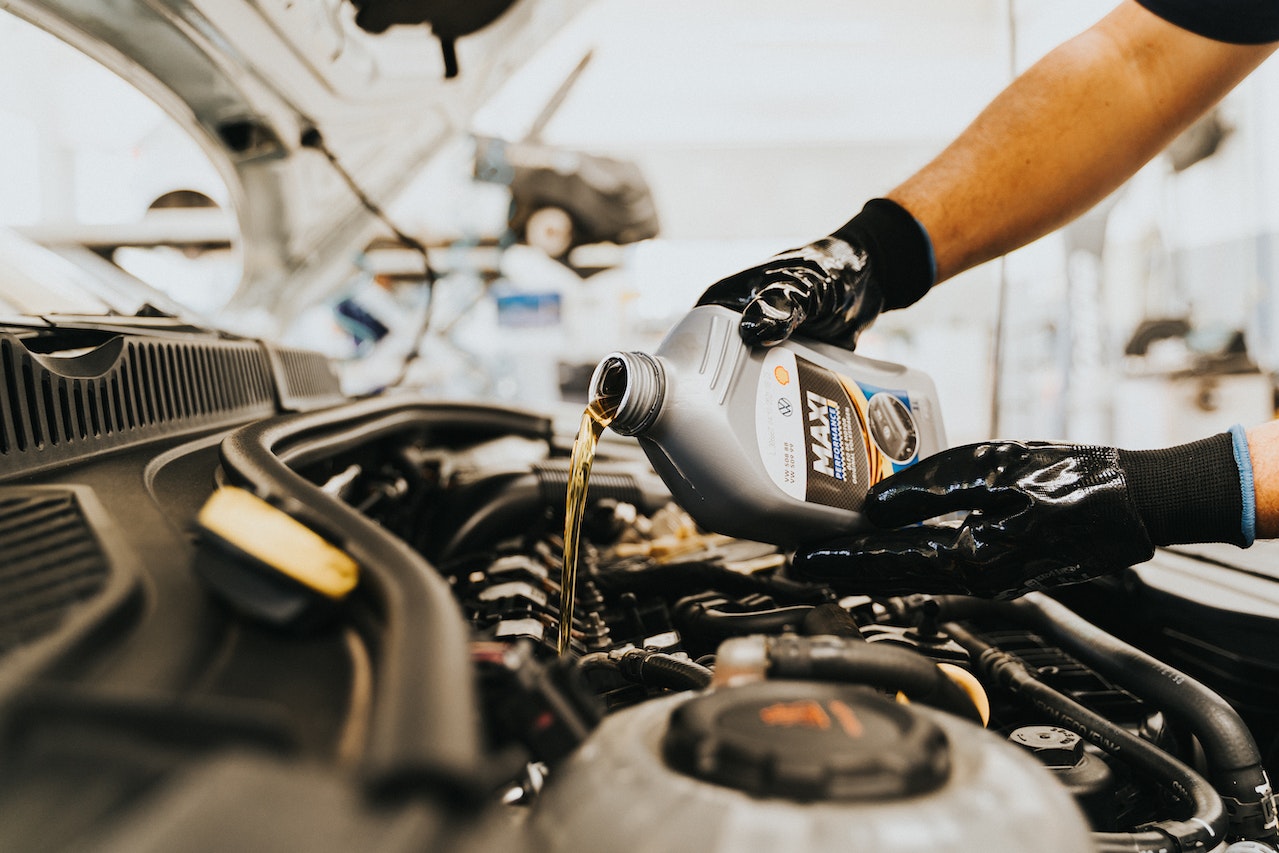We've done the research for you, listing out all the different car makes, models, trims and manufacturing years along with the correct type of engine oil for each one. Avoid damage to your engine and reduce your car's performance by ensuring you're using the right oil with our findcaroil guide.
If you're not sure what type of oil is best for your car, you've come to the right place. Use the top navitation to "FindCarOil" for any make and model of car. We have a comprehensive resource that lists out all the different car makes, models, trims, and manufacturing years along with the correct type of engine oil for each one.
We've done the research for you so you don't have to. Simply find your car's make, model, trim, and manufacturing year on our list, and you'll see the recommended oil for your engine. We've included all the major car manufacturers, so you'll be able to find the right oil for your car no matter what make or model you drive.

It's important to note that the type of oil you use can vary depending on the year, make, model and trim of your vehicle, so it's essential that you consult your car's owner's manual or consult with a professional mechanic to ensure that you're using the right type of oil.
Using the wrong type of oil can damage your engine and reduce your car's performance, so it's important to make sure you're using the right oil for your car. Our "Find Car Oil" site is a great resource to ensure that you're using the right oil for your car, and that you're keeping your car running smoothly.
We also recommend you to check the viscosity of the oil. Viscosity is a measure of an oil's ability to flow. The most common viscosity grades for motor oils are 0W-20, 5W-20, 5W-30, 10W-30, and 10W-40. Each grade is designed to work well in a specific range of temperatures. When choosing the oil, make sure you choose the right viscosity for the climate you live in.
Before you top up your oil, make sure you findcaroil first to ensure you get the correct type of engine oil for your car!
The oil grade will typically be found on the engine oil cap or by consulting the vehicle's owner's manual or maintenance guide.
Yes, you can add oil to your car as needed. However, it's important to make sure you're using the right type of oil, and to not overfill the oil in your car. If you're unsure about the oil level or type, it's best to consult the vehicle's owner's manual or speak with a professional mechanic.
The best oil brand for your car will depend on the specific type of oil recommended for your car's engine. Many car manufacturers have specific oil brands that are recommended for their vehicles. It's important to use oil that meets the standards for your vehicle, such as API and ACEA standards. Always check the oil label for these standards and check with your local dealer for the recommended brand.
The color of the oil on the dipstick of your car should be a clear, amber color. If the oil appears to be dark or dirty, it may need to be changed. It is recommended to change the oil every 7,500 miles or 6 months whichever comes first. Check the oil level and color frequently and consult the vehicle's owner's manual or speak with a professional mechanic if you have any concerns.
